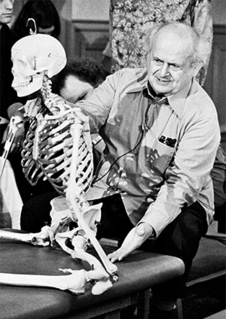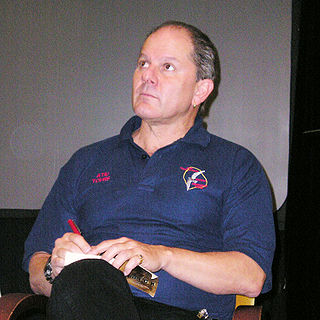A Quote by Cesare Pavese
In the mental disturbance and effort of writing, what sustains you is the certainty that on every page there is something left unsaid.
Related Quotes
In a 22-page comic, figuring an average of four to five panels a page and a couple of full-page shots, a writer has maybe a hundred panels at most to tell a story, so every panel he wastes conveying a.) something I already know, b.) something that's a cute gag but does nothing to reveal plot or character, or c.) something I don't need to know is a demonstration of lousy craft.
Write all the time. I believe in writing every day, at least a thousand words a day. We have a strange idea about writing: that it can be done, and done well, without a great deal of effort. Dancers practice every day, musicians practice every day, even when they are at the peak of their careers – especially then. Somehow, we don’t take writing as seriously. But writing – writing wonderfully – takes just as much dedication.
Yes, the fear of its blankness. At the same time, I kind of loved it. Mallarmé was trying to make the page a blank page. But if you're going to make the page a blank page, it's not just the absence of something, it has to become something else. It has to be material, it has to be this thing. I wanted to turn a page into a thing.







































